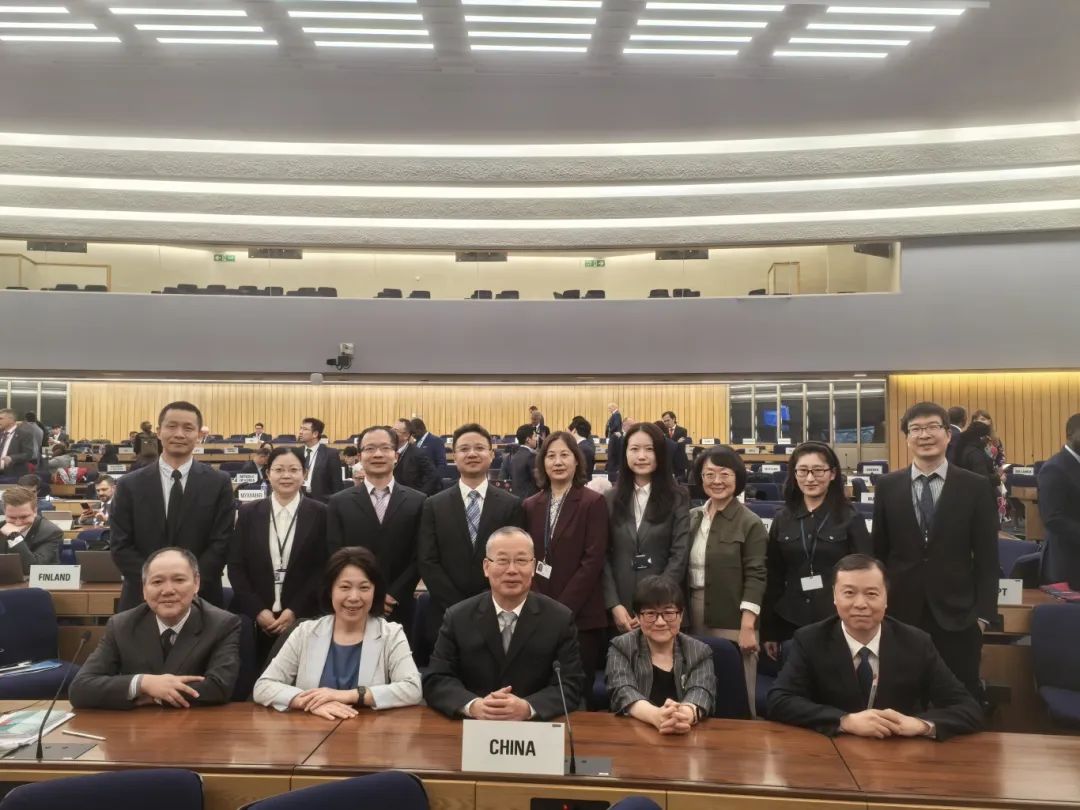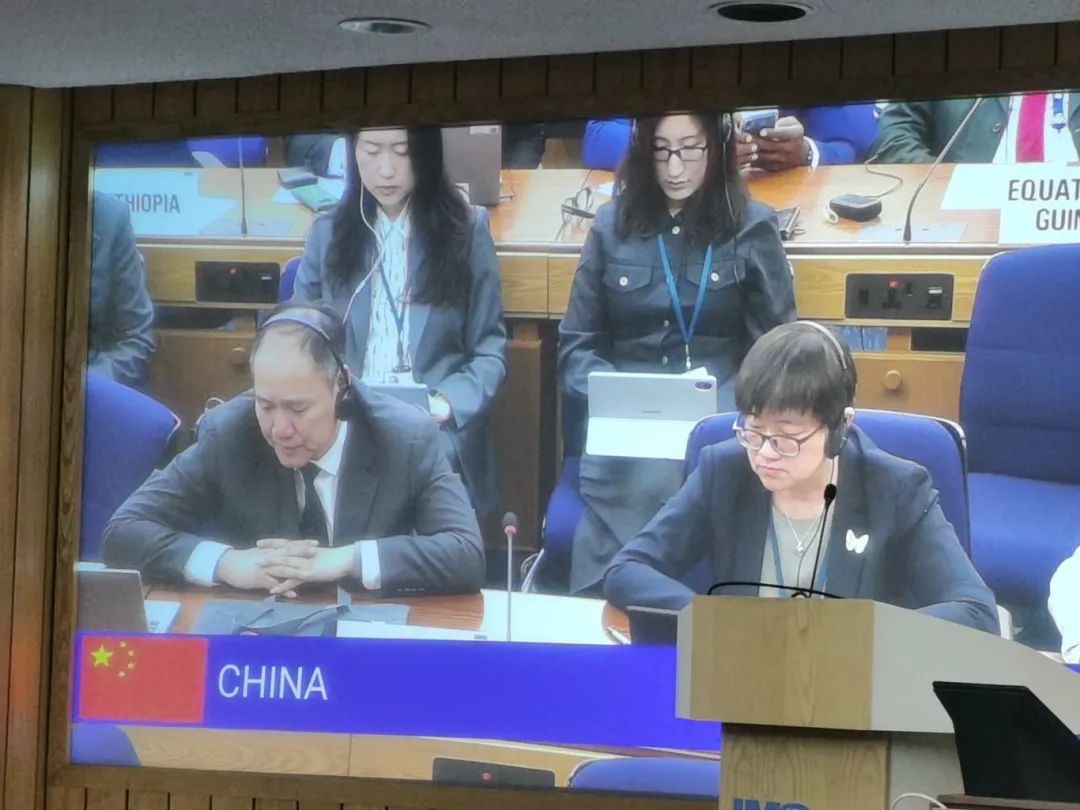The International Maritime Organization (IMO) Legal Committee successfully held its 112th session from March 24 to 28, 2025. The Chinese delegation, comprising representatives from the Maritime Safety Administration of the People’s Republic of China, the Department of International Cooperation, and the Department of Policies and Laws under the Ministry of Transport of the People’s Republic of China, Shanghai and Guangdong Maritime Safety Administrations, Dalian Maritime University, China Maritime Law Association, China Shipowners Mutual Assurance Association, and the Chinese Embassy in the United Kingdom, attended the session in person. At the same time, maritime authorities from Hainan, Jiangsu, and Lianyungang participated virtually.The Committee deliberated on fifteen substantive agenda items, including, but not limited to fraudulent vessel registration, fair treatment of seafarers, Maritime Autonomous Surface Ships (MASS), Convention on Limitation of Liability for Maritime Claim, and piracy and armed robbery against ships.

China’s submitted proposal titled Guidelines for the Implementation of Legal Committee Instruments by Maritime Autonomous Surface Ships (MASS) (Draft) systematically analyzed and identified provisions concerning the rights and obligations of MASS-related entities within existing Legal Committee instruments. The proposal evaluated the applicability of these provisions to MASS operations, and provided implementation recommendations, aiming to offer guidance to Contracting States and relevant industry stakeholders in interpreting and fulfilling these rights and obligations. During the session, China’s proposal received explicit support from multiple delegations, including France, Norway, Russia, the Republic of Korea, Indonesia, the United Arab Emirates, and Nigeria, who advocated for its inclusion in the Committee’s 2025-2026 MASS work roadmap. The Committee unanimously endorsed this recommendation.
China has consecutively submitted three motion proposals regarding the application of Legal Committee instruments to MASS over the past three years, all of which have garnered extensive support. The inclusion of the current Draft Guidelines into the work roadmap marks a significant breakthrough in China’s research on MASS legal issues at the IMO. Developed with maritime safety as its fundamental principle, the Guidelines focus on provisions concerning the rights and obligations of MASS-related entities. They establish a clear and unified assessment framework for applying Legal Committee instruments to MASS, thereby providing a “China Solution” to the common legal challenges posed by this emerging technology among member states. This achievement lays a solid foundation for shaping the future development of this agenda item.

Furthermore, two additional proposals submitted by China-namely the Proposal on the Scope of Application of the Guidelines on Fair Treatment of Seafarers Detained on Suspicion of Committing Criminal Offenses and the Proposal on Deletion of Erroneous Data in the GISIS System-received extensive support during the session.
The Committee agreed to issue the Guidelines on Fair Treatment of Seafarers Detained on Suspected Criminal Charges as a Committee resolution; approved the new outputs of the regulatory scoping exercise (RSE) working group on Available IMO Instruments to Prevent Illegal Operations for incorporation into the 2026-2027 biennial agenda; endorsed additional work items including the development of ship registration guidelines/best practices, assessment of liability and compensation regimes for alternative fuels, and measures to address maritime security threats; adopted the updated work roadmap for “Implementation of Legal Committee Instruments by Maritime Autonomous Surface Ships (MASS)”; and amended the Committee’s rules of procedure in accordance with the Council’s revised working procedures.
Moving forward, China will actively conduct follow-up research on newly added agenda items such as the liability and compensation mechanisms for alternative fuels, while continuing to consolidate its leading advantages in areas including the legal liability of autonomous ships. China remains committing to steering the development of these critical agendas and contributing further Chinese expertise to the international maritime community.
